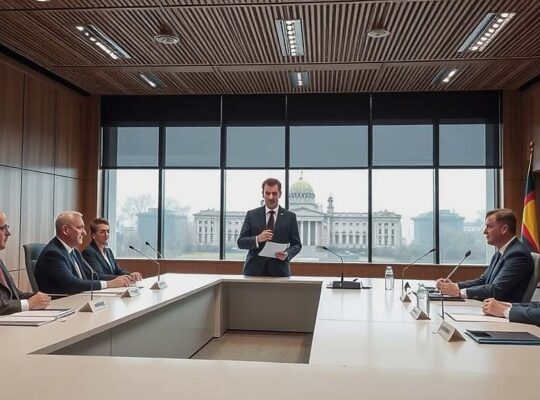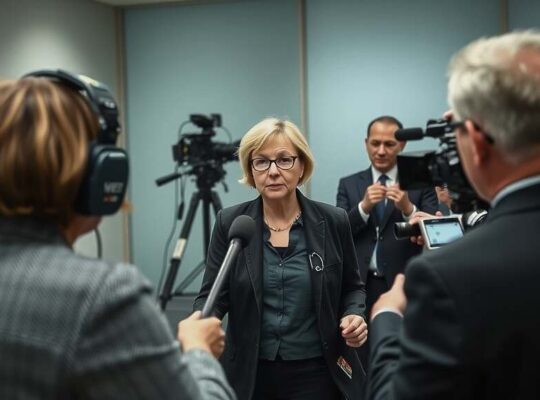Berlin’s Interior Senator, Iris Spranger (SPD), is pushing for significantly expanded powers for law enforcement agencies in response to a concerning rise in gang-related shootings. The proposed measures, slated for discussion at the upcoming Interior Ministers’ Conference in Bremen, represent a potential shift in Germany’s approach to investigating illicit firearms.
At the heart of Spranger’s initiative is a request to legally enshrine wider investigative capabilities, specifically targeting suspected arms dealers. Currently, law enforcement is largely restricted to investigations against “unknown” entities when illegal firearms are seized. Spranger’s proposal aims to overcome this limitation by enabling telecommunications surveillance – technically termed Telekommunikationsüberwachung (TKÜ) – for individuals found in possession of illegal weapons.
The Senator argues that the mere possession of an illegal firearm is indicative of a propensity for violence, potentially extending to lethal aggression and warrants further investigation. The planned legislative reform would affect the Weapons Act and the Code of Criminal Procedure. The expectation is that covert surveillance of weapons holders could lead investigators to uncover the network of suppliers fueling the gangs with pistols and other firearms.
This move isn’t without potential political ramifications. Critics are likely to raise concerns regarding privacy rights and potential for abuse, demanding strict oversight mechanisms to prevent mission creep. The proposal necessitates close collaboration with the Justice Ministers’ Conference to ensure its compatibility with existing legal frameworks and constitutional protections.
The urgency for action stems from a recent surge in shootings that prompted the formation of specialist task forces, initially “Soko Park” and now the expanded “Soko Ferrum” (Latin for iron), comprised of officers from the State Police Directorate and the State Criminal Investigation Office (LKA). While Spranger emphasizes the paramount importance of citizen safety and the necessity to disrupt the supply chains of illegal weaponry, the proposed legislation highlights a delicate balancing act between security concerns and fundamental legal principles within Germany. The debate promises to be contentious, scrutinizing whether the desired strengthening of investigative powers justifies the potential curtailment of civil liberties.












